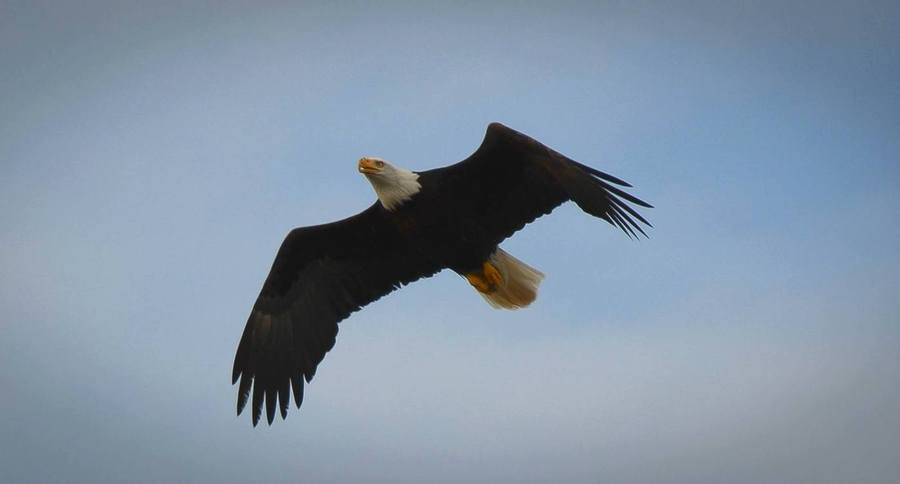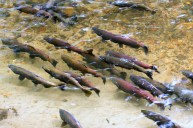With Trump in the oval office and a Republican-controlled Congress, the Endangered Species Act could be taking a backseat to prioritizing the value of natural resources over conservation efforts that have been in place for almost half a century.
During Trump's campaign for president last fall, the American Farm Bureau Federation asked him what measures would be taken to remove regulatory restrictions on private land, where a majority of the habitat exists for endangered and threatened species. Trump's response makes the claim that the ESA has done more harm to private land owners and economic development than conserving endangered species.
"America is blessed with abundant natural resources and beautiful wildlife. Our nation has a proud tradition of conservation and stewardship. This is more true for farmers than anyone else. Farmers care more for the environment than the radical environmentalists. Regrettably, the Endangered Species Act has a poor track record of actually helping to recover animals at risk of extinction. In truth, the ESA has become a tool to block economic development, deny property rights to American landowners, and enrich activist groups and lawyers. Instead of saving endangered species, the Obama-Clinton bureaucrats are endangering American workers with disastrous choices made at the whim of extreme activist groups.
As President, I will direct the Interior Department and Commerce Department to conduct a top-down review of all Obama Administration settlements, rules, and executive actions under the Endangered Species Act and other similar laws, and we will change or rescind any of those actions that are unlawful, bad for American farmers and workers, or not in the national interest. I will also work closely with Congress to improve and modernize the Endangered Species Act, a law that is now more than 30 years old, so that it is more transparent, uses the best science, incentivizes species conservation, protects private property rights, and no longer imposes needless and unwarranted costs on American landowners."
The ESA was ushered though Congress in 1973 under a nearly unanimous vote, in part to prevent the extinction of the national symbol, the bald eagle. Under President Barack Obama's administration, more animals and plants have been recovered and removed from the list of endangered species than all previous administrations combined.
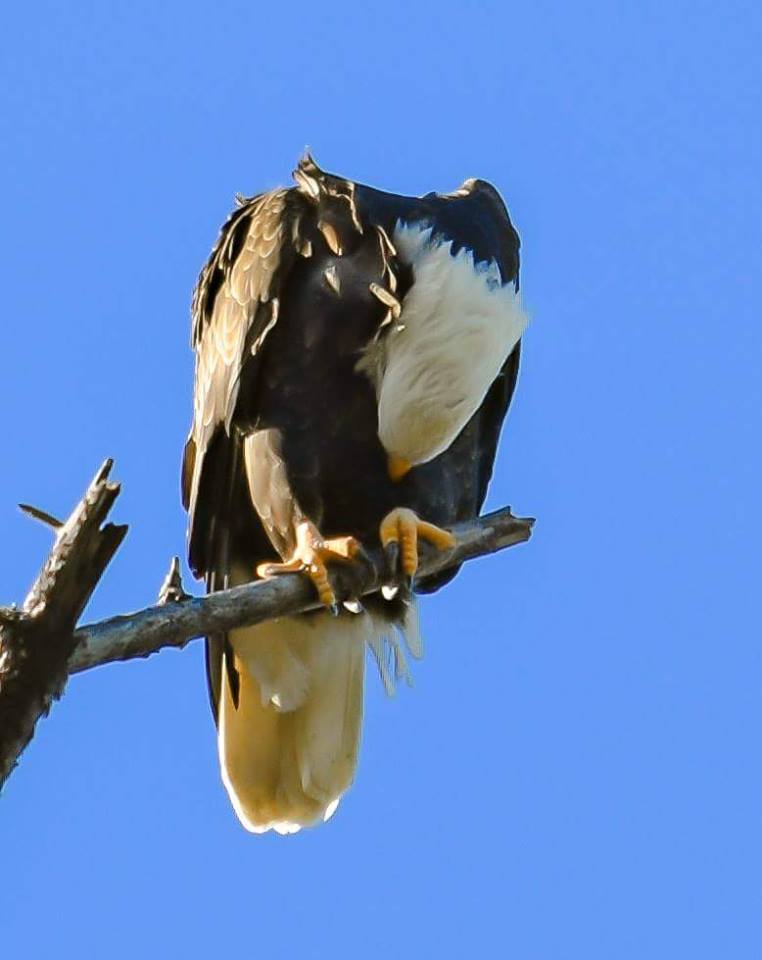
Photo by Greg Anderson
Loyal A. Mehrhoff reported in the Hill,
"Already in 2017 the U.S. Fish and Wildlife Service has found that the lesser long-nosed bat, a rare cactus from New Mexico and a Southwest plant called the gypsum wild buckwheat have recovered enough to have their protections removed or reduced.
As a former field supervisor focused on endangered species recovery for the Fish and Wildlife Service, I'm deeply encouraged by these Endangered Species Act successes."
Meanwhile, House Natural Resources Committee Chairman Rob Bishop told the Associated Press,
"It has never been used for the rehabilitation of species. It's been used for control of the land. We've missed the entire purpose of the Endangered Species Act. It has been hijacked."

Ron Bishop (ShareTrails.org Photo)
Bishop has led the charge to rewrite the ESA, encouraging lawmakers to start over again, repeal and replace the ESA. Bishop has also recently authored new language for the House budget to ease the transfer of ownership of Federal public lands, drawing criticism from the Outdoor Industry Association that penned a letter signed by executives from over a hundred outdoor industry related businesses.
Dan Rohlf, a professor at Lewis and Clark Law School in Portland said in a recent interview with High Country News that,
"Any Congressional action that would weaken the Endangered Species Act at all would be pretty dramatic. What Rep. Bishop is talking about would be a major decision in the environmental history of this country."
Along with Bishop being appointed as Chairman to the House Natural Resources Committee, other Trump administration appointees include:
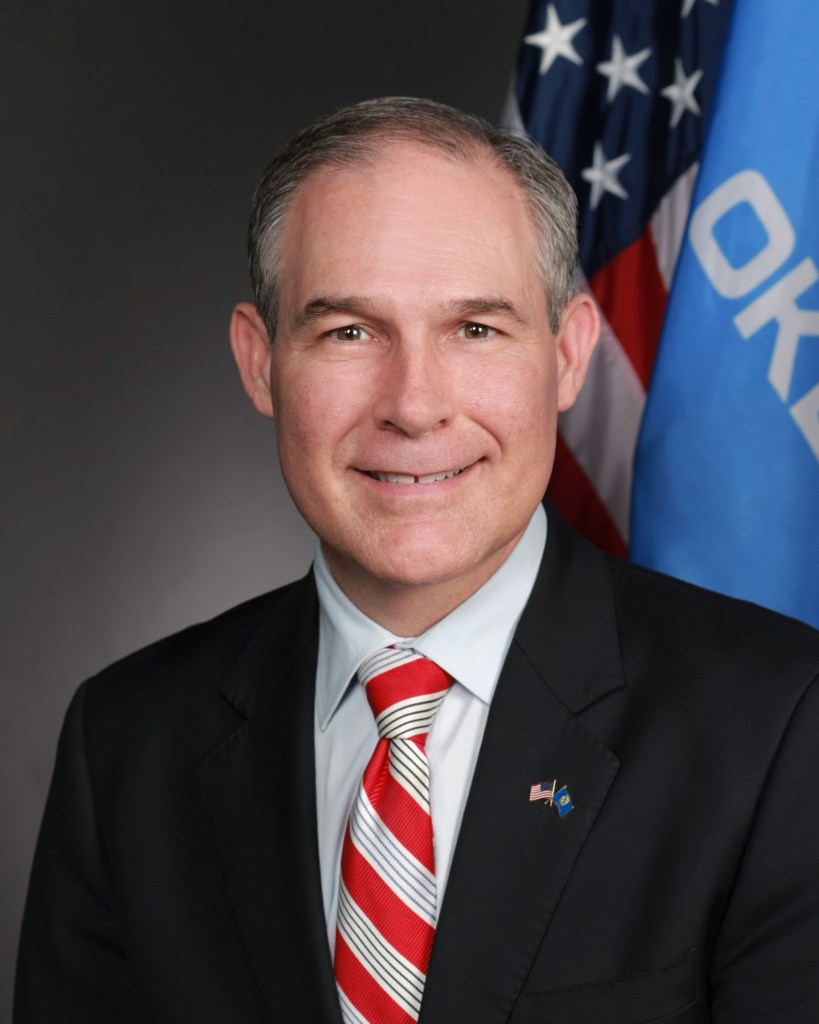
Scott Pruit - (Ok.gov photo)
Scott Pruitt, appointed by Trump to the Environmental Protection Agency. Pruitt sued the EPA 14 times while serving as Oklahoma's Attorney General. In 13 of those 14 cases, the co-parties on Pruitt's lawsuits were campaign donors or donors of Pruitt-supporting PACs. As Attorney General, Pruitt also repeatedly stalled court cases regarding clean water protections or simply refused to enforce regulations. Pruitt's inaction allowed the poultry industry to flood Oklahoma's waters with phosphorus pollution. Poultry companies that benefitted from the stalling of those court cases were also donors to his campaign.
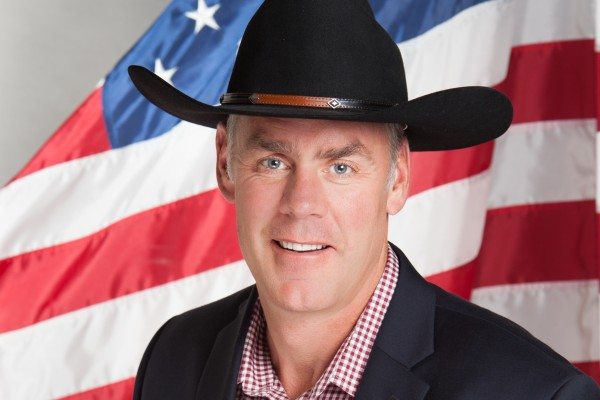
Ryan Zinke - (Montana Public Radio News Photo)
Ryan Zinke is Trump's confirmed pick for the Secretary of Interior. A vocal opponent of the sale and transfer of public lands, Zinke's position drew criticism after he voted in favor of a measure from House Republicans that would allow federal land transfers to be considered cost-free and budget-neutral, making it easier for drilling and development. Zinke also vocalized his support of coal production on federal lands and his plans to drill on public lands a week prior to the presidential inauguration.
In his first term in office, Rep. Zinke voted against conservation minded resolutions 33 times. His record earned him a rating of 3 percent with the League of Conservation Voters.

Steve Bannon - (Forbes Photo)
Steve Bannon, President Trump's chief strategist and senior counselor. Bannon was executive chairman of Breitbart News. Under Bannon's leadership in August 2015, Breitbart published the piece, "Animals That Aren't Delicious or Useful Deserve to Be Extinct."
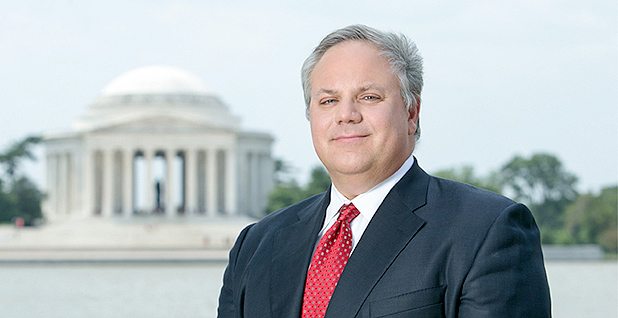
David Bernhardt - (E&E News Photo)
David Bernhardt has historically made continued efforts to weaken species protections as solicitor of the Department of the Interior under the George W. Bush administration. He remains a likely pick for a deputy secretary or similar position at Interior. Beyond his career in government, Bernhardt has worked as a lobbyist and lawyer at Brownstein, Hyatt, Farber and Schreck helping big agriculture, oil and gas, mining and other industries oppose protections for endangered species.

Myrom Ebell - (Competitive Enterprise Institute Photo)
Myron Ebell is Trump's pick to oversee the transition of the Environmental Protection Agency. As head of environmental and energy policy at the Competitive Enterprise Institute, his employer received millions of dollars from the oil and gas industry. Ebell is best known for his skepticism of global warming, although he has no background in science. Ebell also worked for Arizona Congressman John Shadegg on an effort to revamp the Endangered Species Act to be "more respectful of private property rights."
This collective of appointees serve as a team effort in the strategy to remove federal protections of public lands and endangered species in an effort to increase economic growth by harvesting natural resources in spite of the risks to habitat loss and extinction. While battles over water in California surrounding the Delta Smelt and battles over fracking in Texas surrounding the Texas Hornshell Mussell are being used to introduce revisions of the ESA to congress, Salmon in Alaska's Bristol Bay could be next to lose the fight with the Pebble Mine, and the very protections set in place to preserve the habitat of our national icon could be rewritten or even repealed.
https://rumble.com/embed/u7gve.v3tpbx/
NEXT: GRAPHIC: RUSSIAN TRUCKERS HEINOUSLY FLATTEN A BROWN BEAR, UPROAR ENSUES
